Well I have now been trying to finish this blog post since Thursday at lunch... Time really flies by here. Thursday concluded the first week of Swahili lessons, and surprisingly I think I have learned a decent amount. I wrote a paragraph about myself in Swahili for homework Wednesday night. Friday however, made me realize how complicated Swahili can get. In Swahili there are 9 different "noun classes", each with different prefixes for adjectives, nouns, verbs, etc, that change between plural and singular within the same class as well. So as we were learning adjectives, we came to the conclusion that we could only really describe people. Now, with two more days of lessons, we are beginning to get into a couple of other noun classes. Today focused on market language: buying and selling, bargaining, fruits and vegetables, spices, etc. Tomorrow we will actually spend the morning in the Tengeru market with the goal of buying as much fresh food as possible with a set budget of about $8. Beyond the classroom - On Friday we all traveled to Mt. Meru Hospital to have an introduction to what to expect when we move to our hospitals next month. It was a truly exciting day! As we got there they rolled out a few pieces of broken equipment, mostly oxygen concentrators, and we went straight to work. We cracked ours open to find it had been messed with before - someone had taken a couple of cables from the circuit board. After fiddling around with it for about an hour and jerry-rigging it we were able to get the air compressor to turn on and talk to the circuit board. Unfortunately it would only turn on for about 30 seconds before automatically shutting off and sounding an alarm. We figured out it was a low pressure alarm and began to check every tube for leaks or blockage. After finding none we came to the conclusion that a previous persons work on the circuit board - soldering on a new pressure sensor - was causing the problem. Because of the unlikelyhood that we would be able to rectify this problem, and the good condition of the tubing, compressor, and zeolite canisters, we stripped the concentrator for parts. By the time this was finished it was 4pm and we went home for the day. Woke up and grabbed a quick breakfast before heading to the market down the road with a couple other students. The rest of the group should be here later tonight around 8pm, and then orientation and classes start tomorrow! I have landed in Tanzania, through customs, and sat in a dorm room for the night. I have had an ear to ear grin since stepping out of the airplane! Tomorrow I will find out my home stay and meet the rest of the group (I'm actually the first one to arrive).
I can hear a local band playing not to far away, and some rather cheeky monkeys just outside. It is nearly 11pm local time so I will be off to sleep soon. Hopefully I can put some pictures up tomorrow. Anyways, from Arusha Tanzania, good night! In less than 24 hours now I will be on a plane to Tanzania! Then starting Monday I will begin my lessons in Swahili and medical instrumentation... My time in England and France have been incredible, but I am incredibly excited to begin this new journey.
I have been without Internet for the past few days because I have been traveling across England and then in Paris. While I know it is not about Tanzania or medicine or even engineering really, I feel a bit obligated to make a post about it all and to share a few pictures. This is my second time in England and it was my first in France. The two countries really have so much in common and yet are wildly different. They both have such grand history that seems to be ingrained in not only their capitals, but in the areas around them. For instance, in England, there seems to be this... fluidity between towns and cities. While every city and town I have been to has had its own unique aspects - accents, colloquialisms, weather, etc. there is this sameness in the architecture of the main buildings, the general mannerisms, there is not gigantic culture gap like I am used to in the States. It is not as if driving from DC to South Carolina where it can feel almost like an entirely different country. While there are elements that individualize every area or town or city, the continuity between them is rather delightful. EnglandFranceI am going to try to every day post a Swahili word or phrase, pronunciation, and its English meaning...
Today's Word: Milango Yangu Mbao Pronunciation: Me-lan-go Yang-oo Mmm-bow [IPA form: miɫ'ɑːŋəʊ j'æŋuː ɱb'aʊ] Meaning: My Wooden Doors The experience of spending years with the world as my home and only the winds as a definition of time left me with a deep-rooted thirst to one day continue that journey. This time not as an observer, but a participant. It was meeting a traveling surgeon Bruno, in Rangiroa, driving past towns of tin roofs in South Africa, and a church service through the most beautifully carved wood doors I will ever see which pried my eyes open at such an early age. Bruno game me my first stethoscope, taught my about Brazilian kite-fighting as we made one out of bamboo... leaving a spark that will never extinguish. On a road trip to a valley resonated by desktop screens from office cubicles, it was the cavalier mention by our host that out my window lay a city of tin that sent a fire through my body. No brochure, Sarah McLachlan commercial or personal testimony would ever come close to expressing the hopelessness and despondency surrounding that literal District 9. The rest of our journey to Stellenbosch is a blur; only images of tin and sadness remain. However, it is the pure beauty of those wooden doors that serve as a reminder of what incredible good we can bring into this world.
In preparing for this summer, I stumbled upon some interesting data about the health care and conditions in Tanzania, vs those here in the United States... The average age in the US is 36, in Tanzania it is less than half that at 17. The infant mortality rate in the US is less than 1%, but nearly 7% in Tanzania. Nearly 100% of the US has access to sustainable, clean, water, Tanzania, only 54%. And again, 100% of the US has access to improved sanitation, Tanzania, only 24%. These numbers should not come as a surprise. These numbers should be in the headlines of newspapers. Not to evoke fear or panic, but to instigate a passion, spark a flame in people's hearts that we will not stand idly by as others suffer. Maybe it is how intangible this suffering is to us in America, that we are so unbothered by it. In just a short couple of weeks I have the privilege to begin carving my own wooden doors to leave behind for this world. I encourage everyone who might stumble upon this blog to think about the cities of tin that they have seen in their life and how you might go about transforming them into something beautiful. |

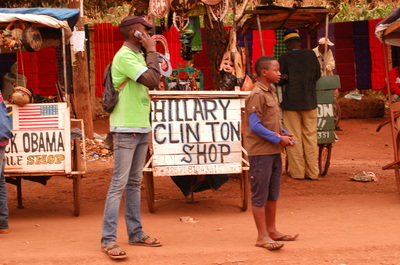
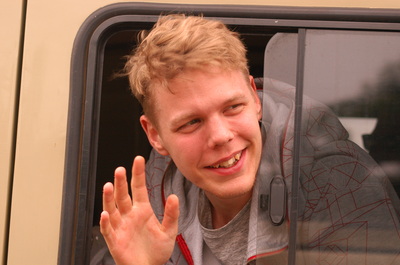
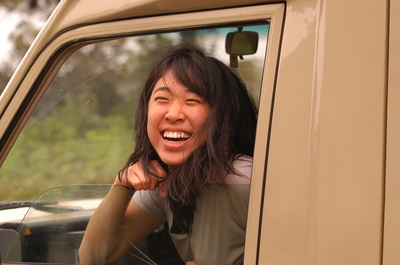
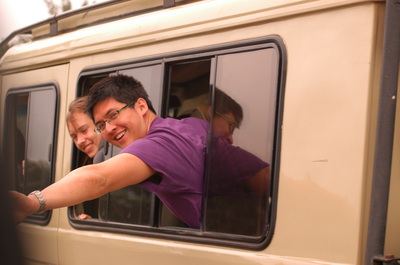
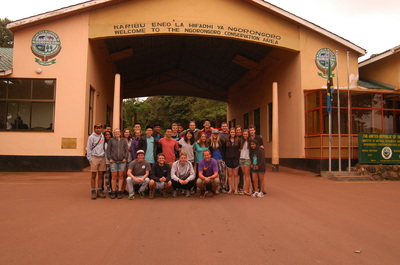
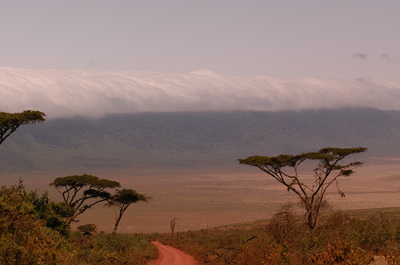
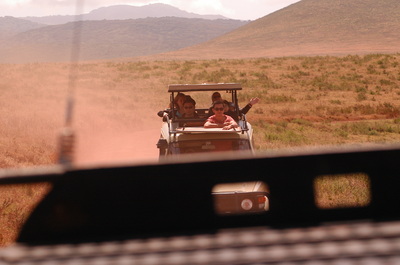
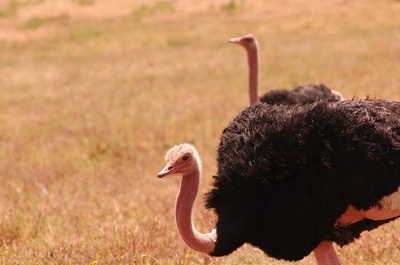
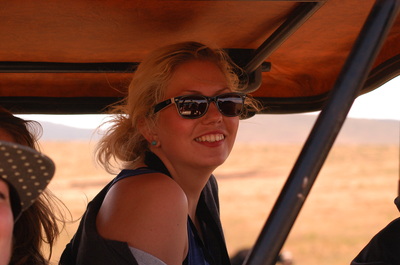
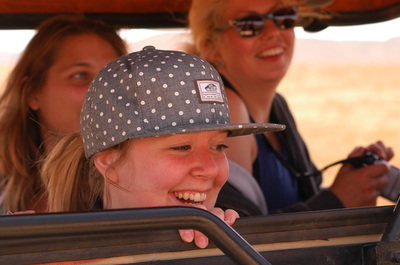
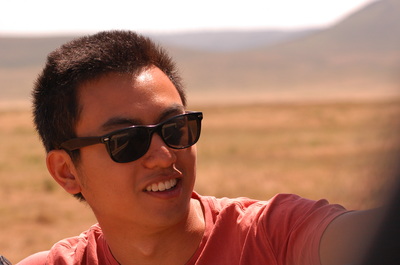
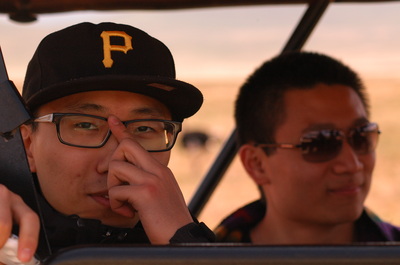
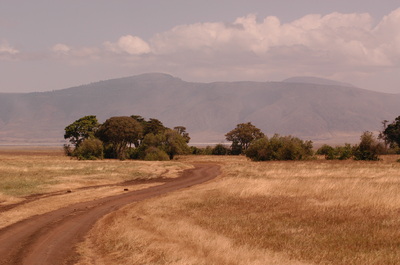

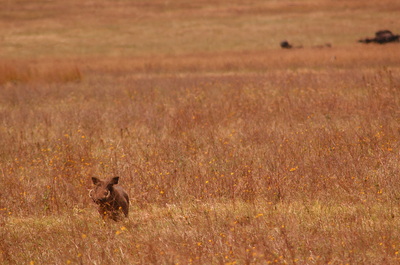
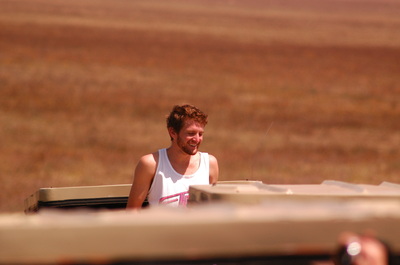
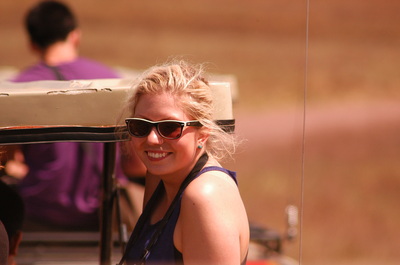

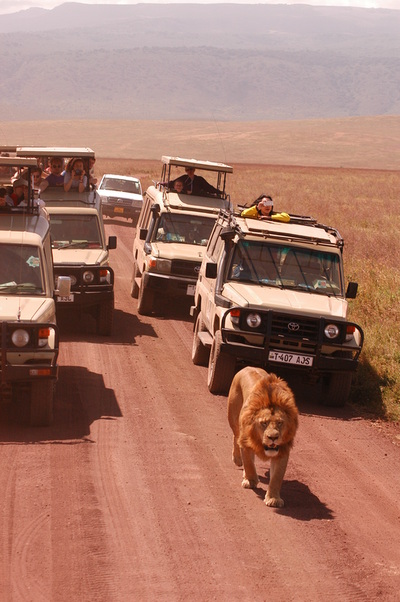



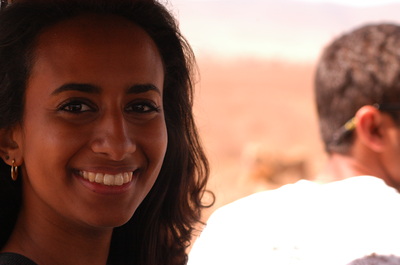
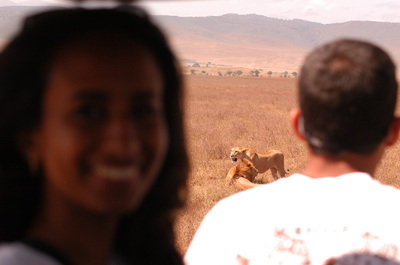
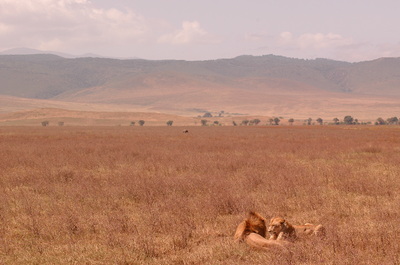




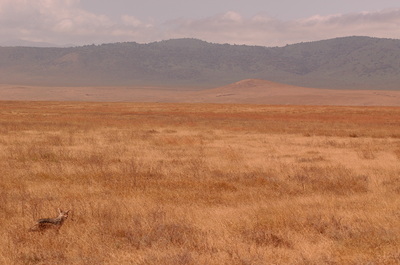
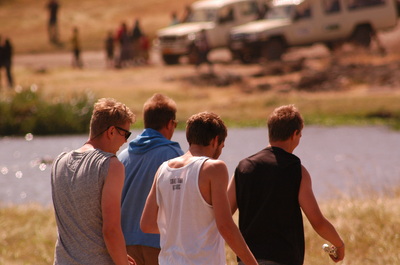
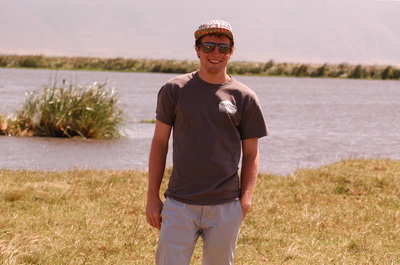
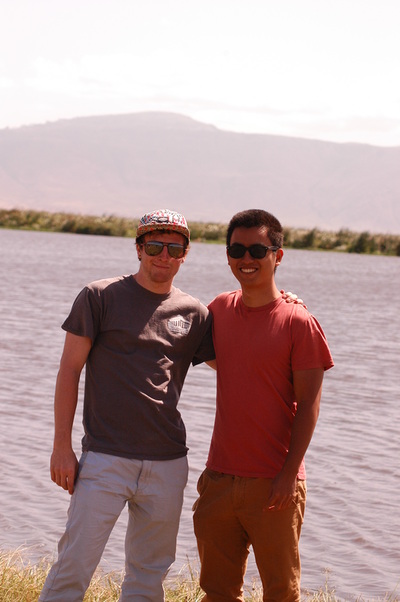
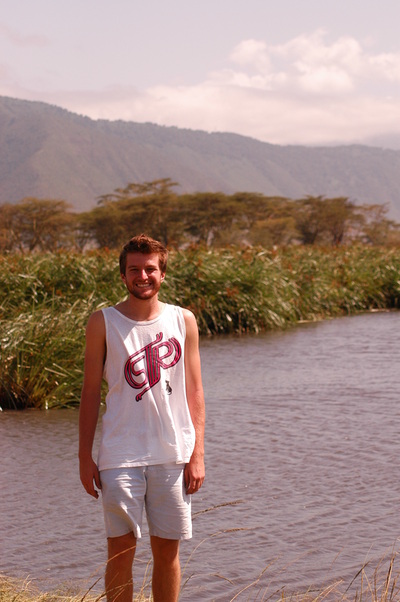
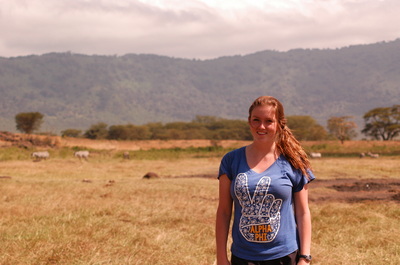
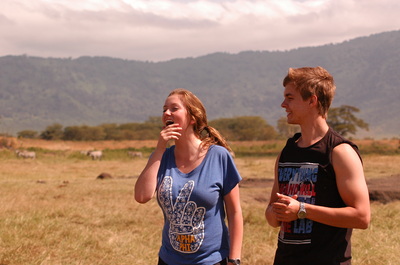
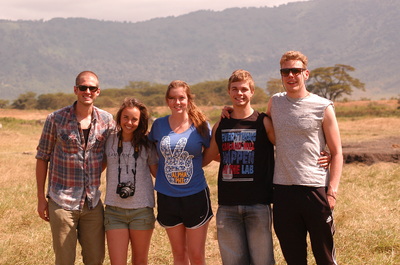
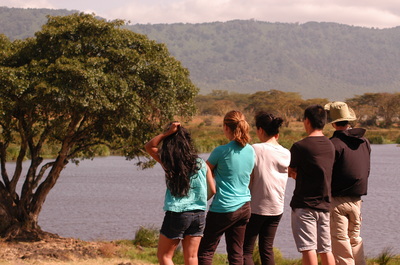
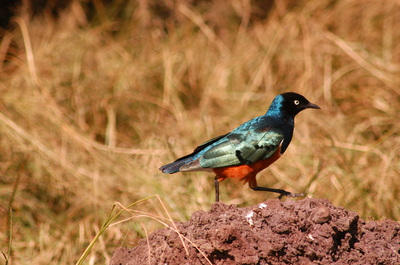

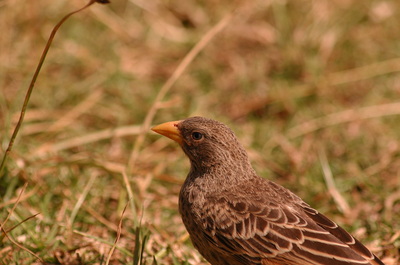
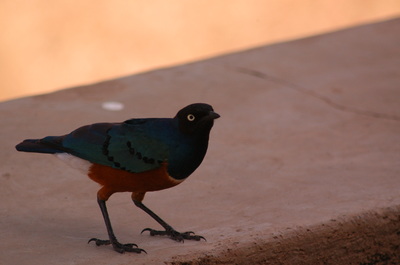
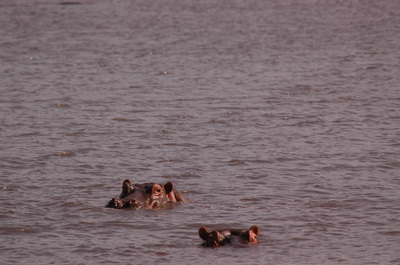

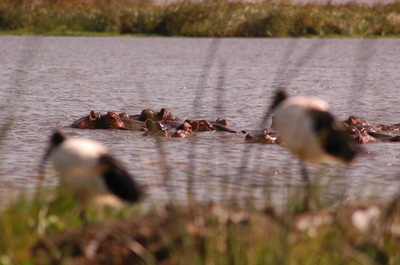


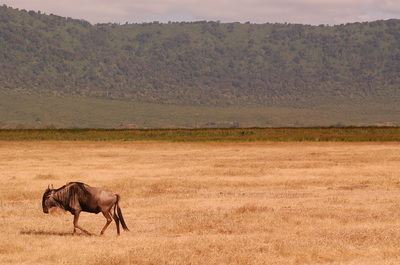
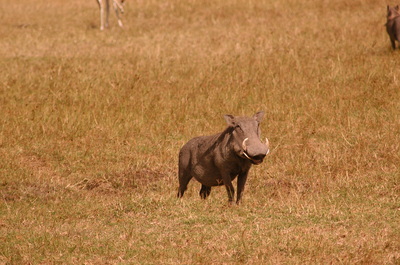
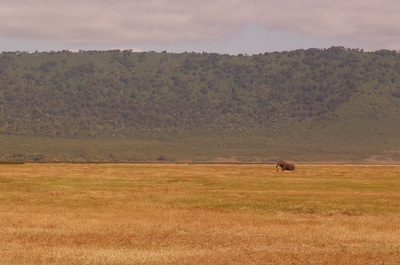
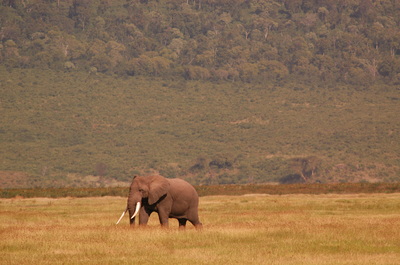
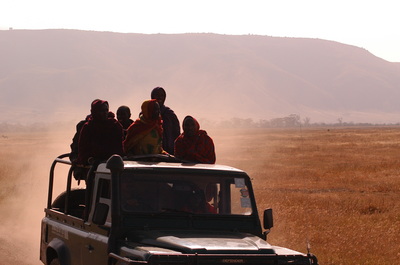

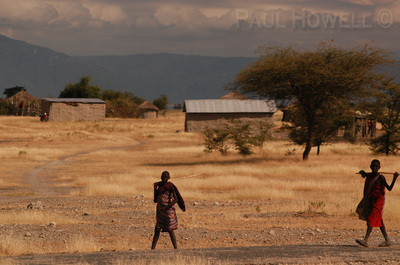
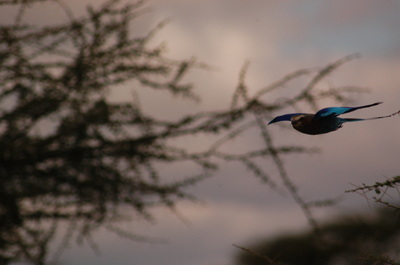

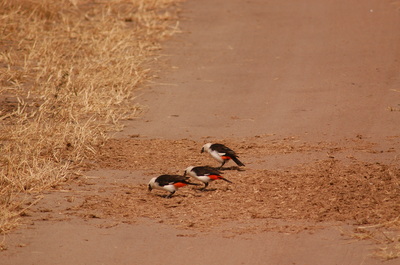
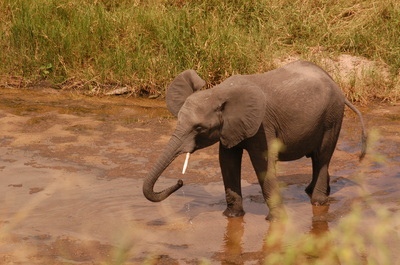
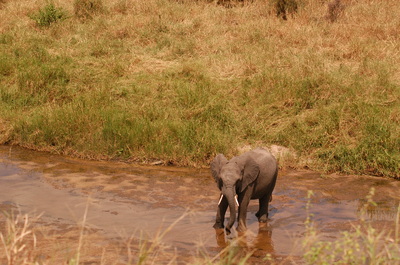
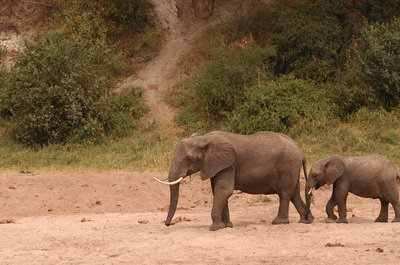
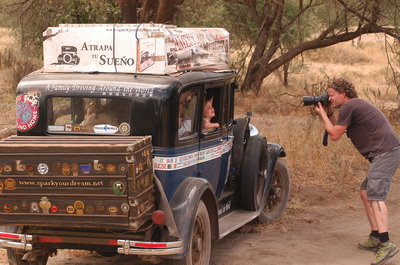
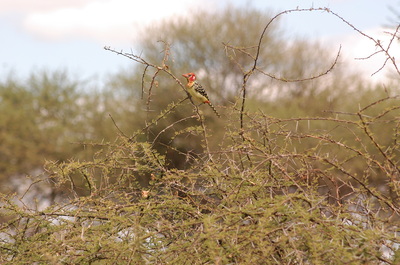




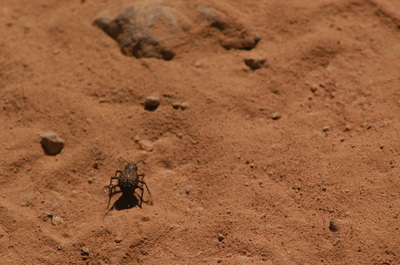

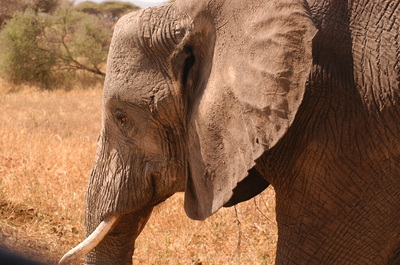
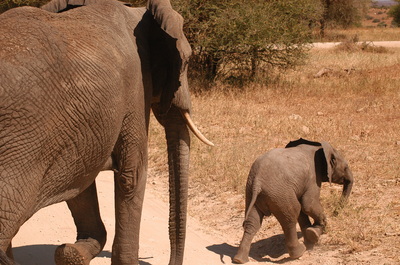
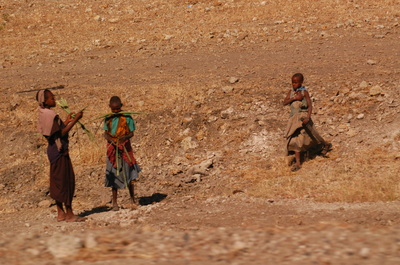
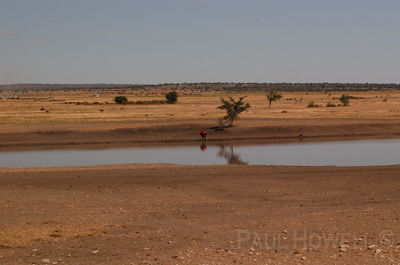
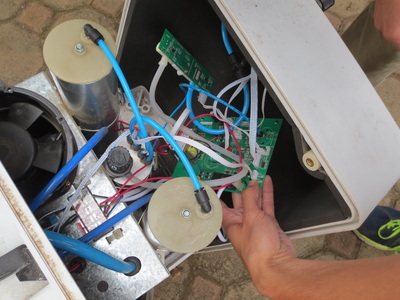
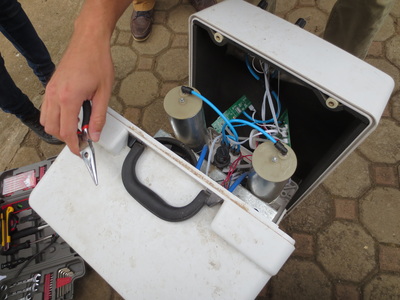
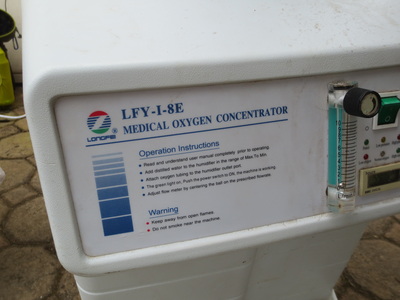
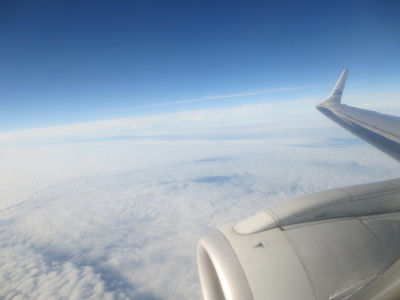
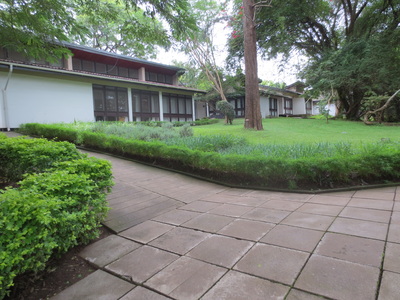
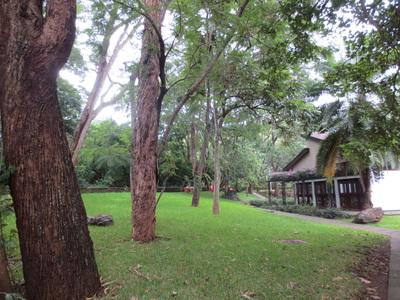
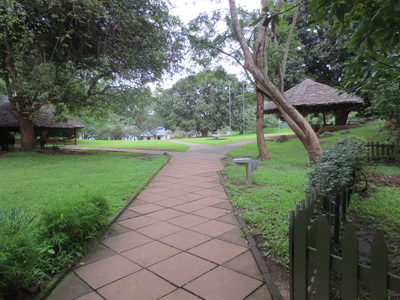
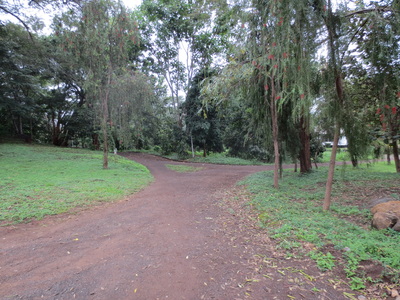
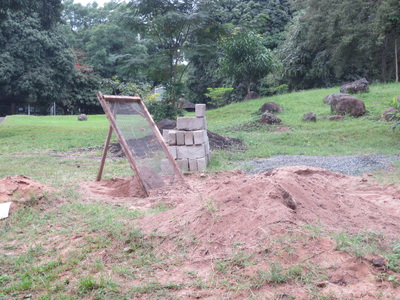
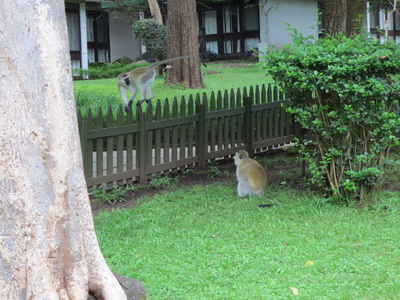
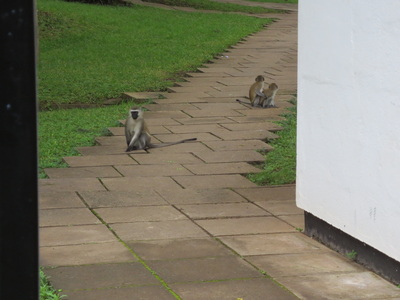
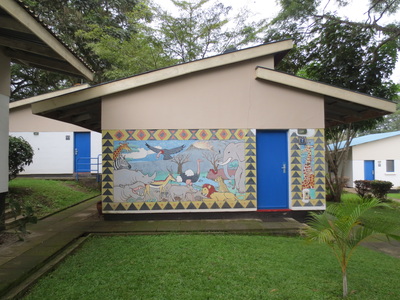
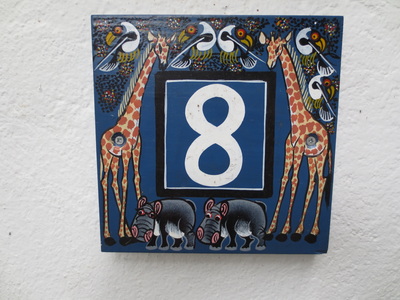
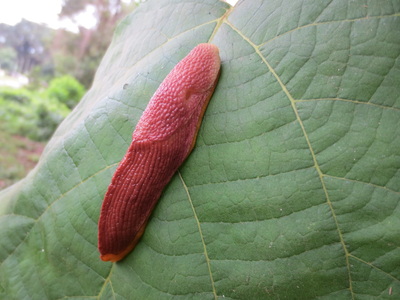
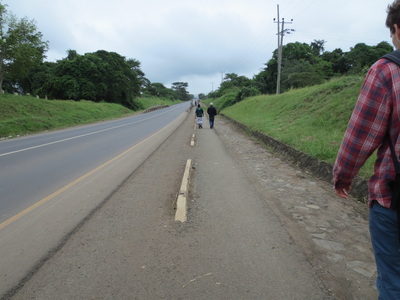
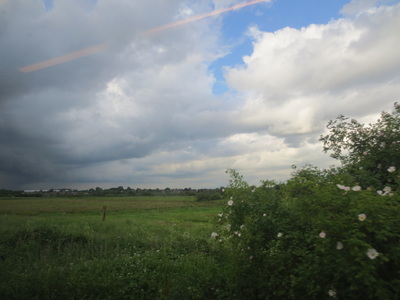
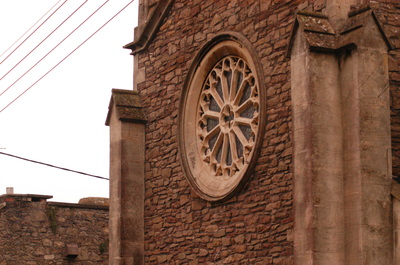
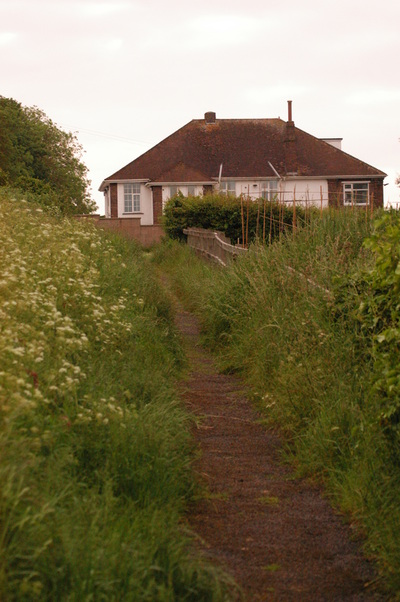
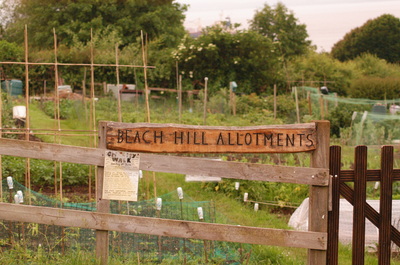
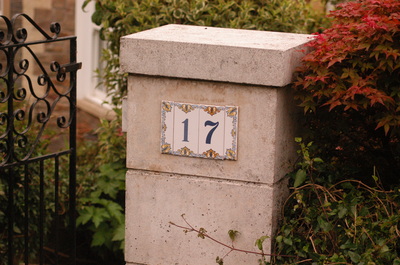
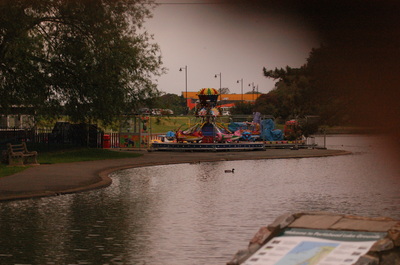

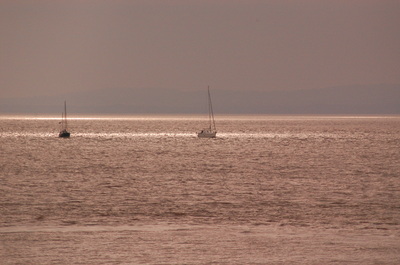
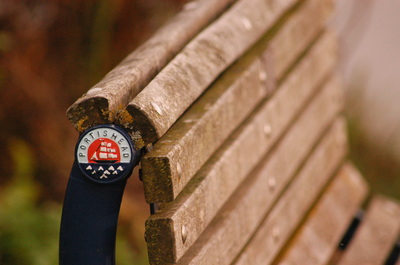
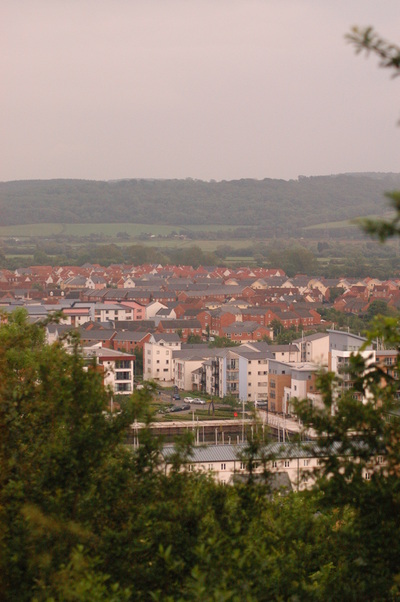

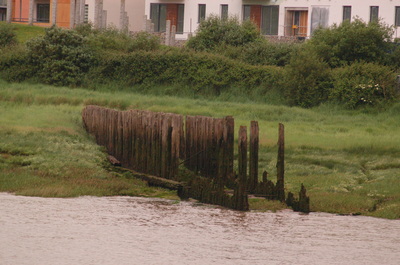
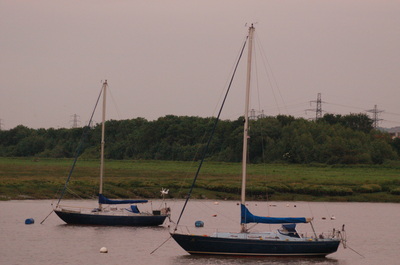
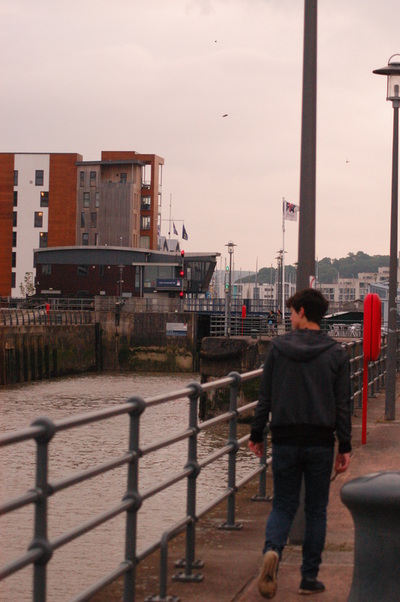
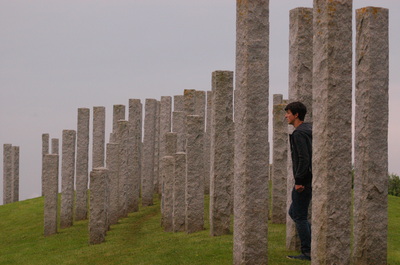
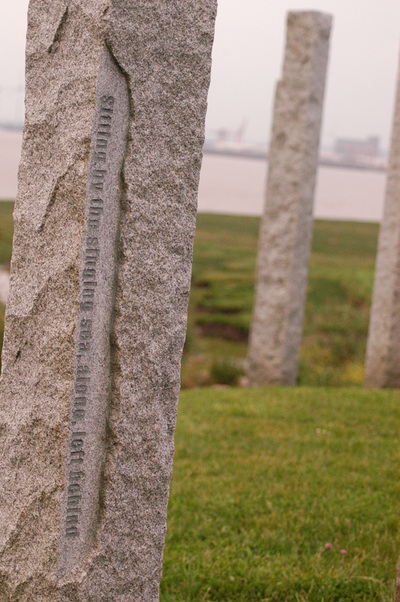
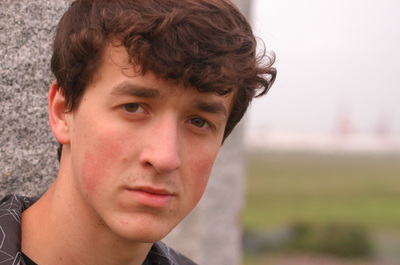
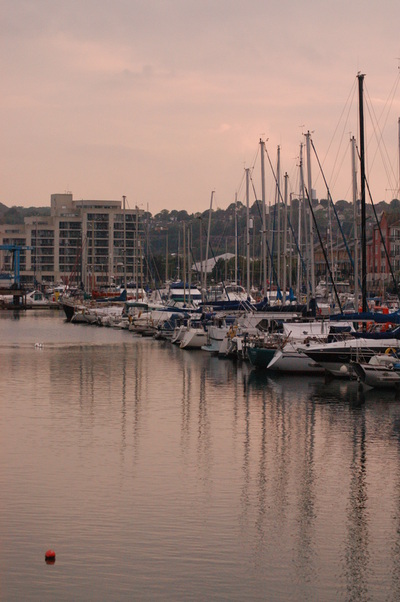
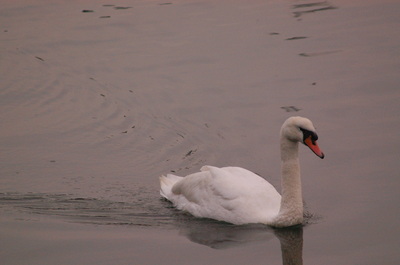
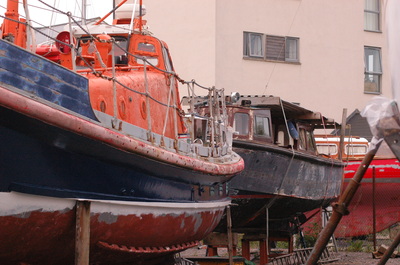
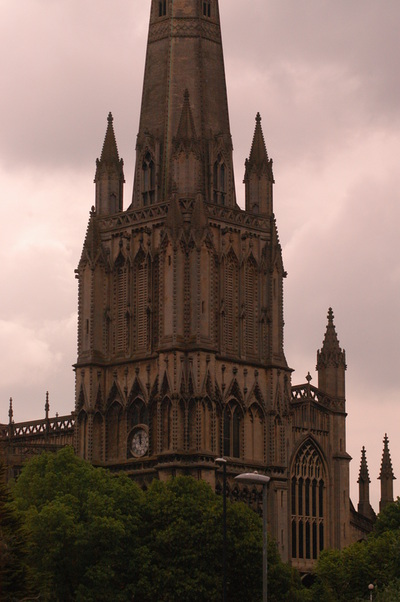
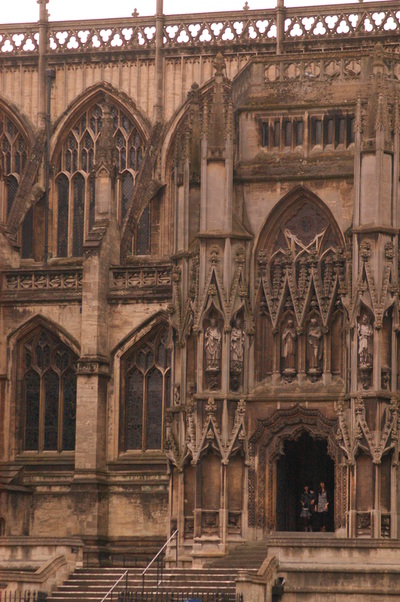
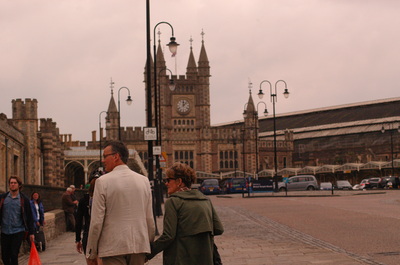
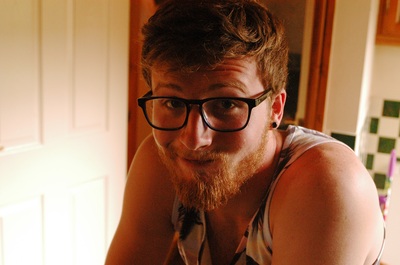

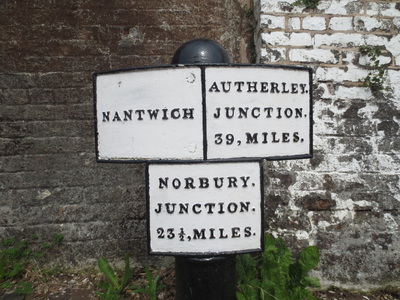
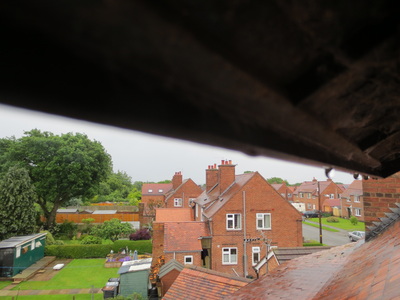
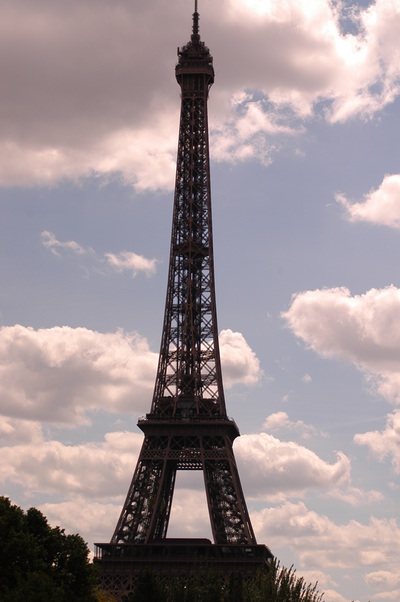
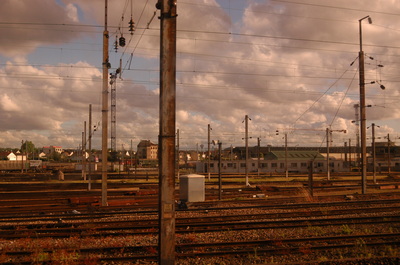
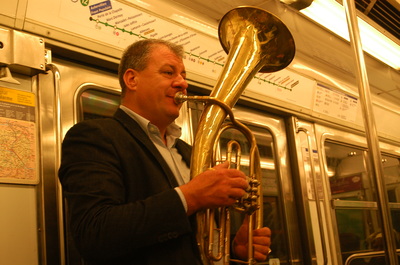
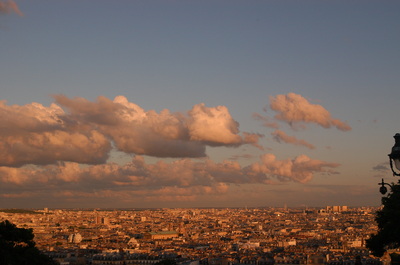


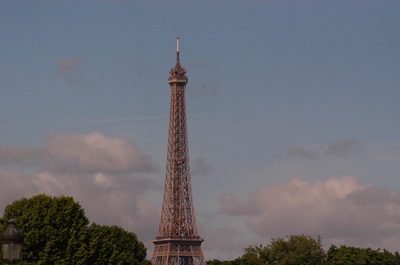


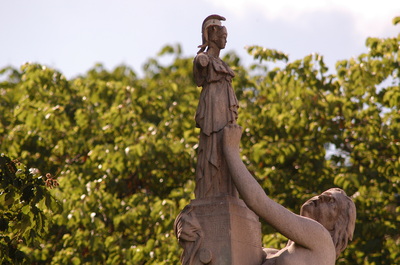

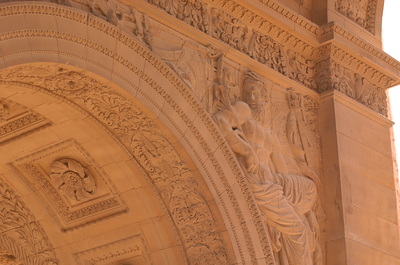

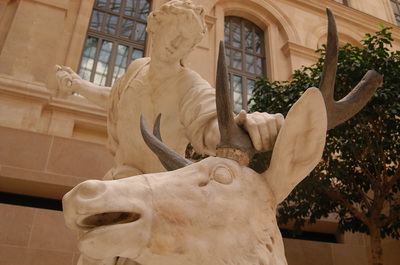

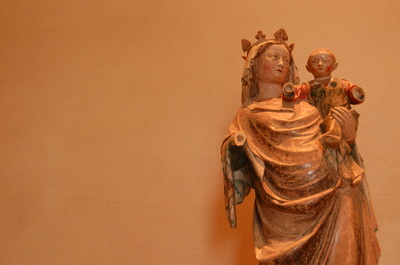


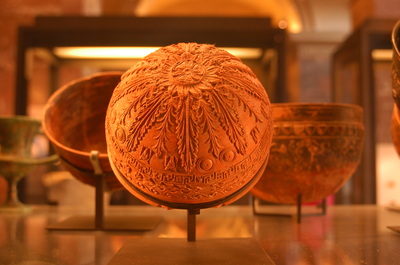
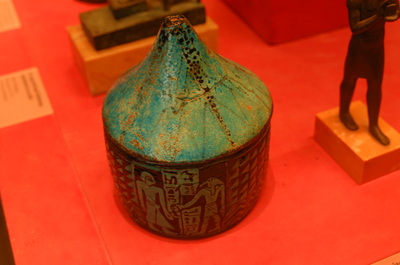
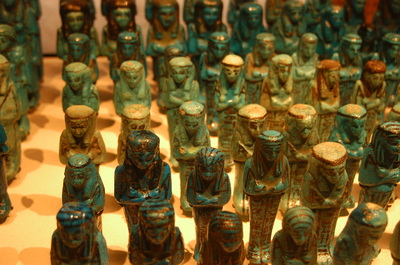
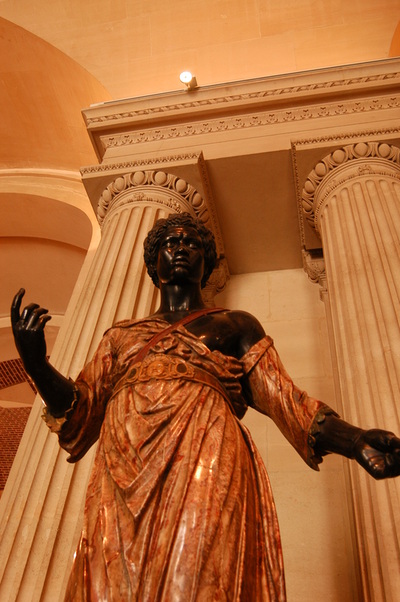
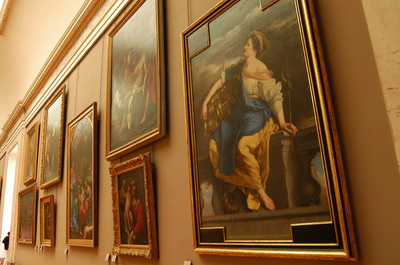
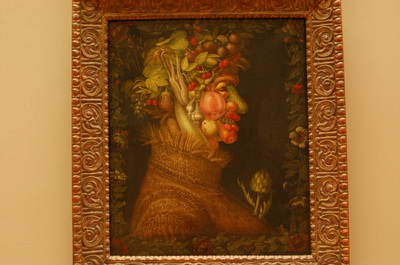

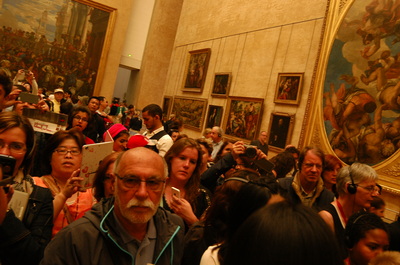

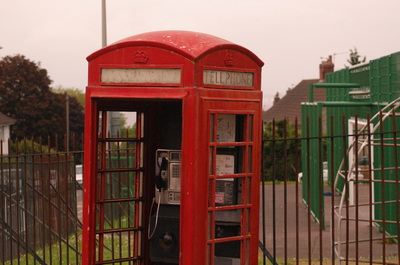
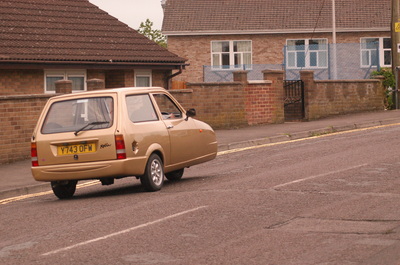
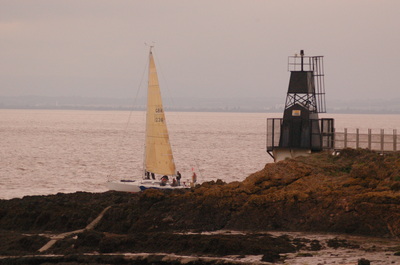
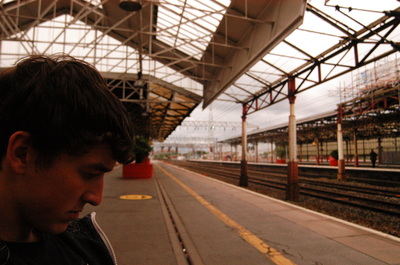

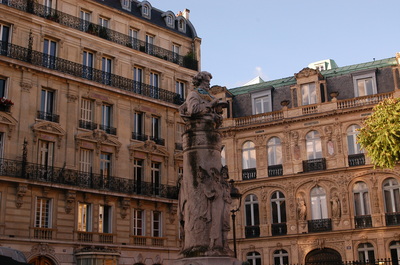

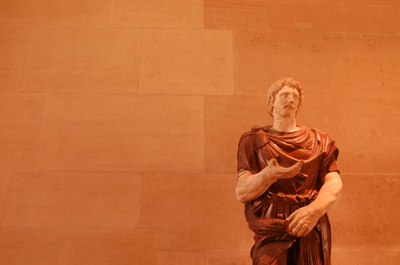
 RSS Feed
RSS Feed